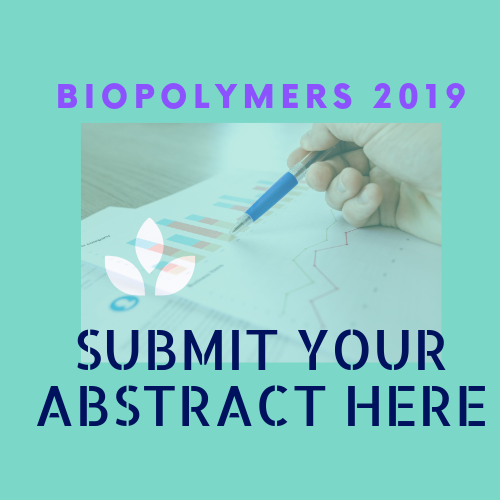
Nilay Kahya
Istanbul Technical University, Turkey
Title: Chitosan films for removal of a surfactant from aqueous solution
Biography
Biography: Nilay Kahya
Abstract
In recent years, environmental pollution in terms of water is seen obviously a serious and critical issue all around the world. Mainly, pollution originates from surfactants, heavy metals, aromatic molecules and dyes which mixed with water sources. Surfactants mostly come from residual of detergents and they are one of the major pollutants of wastewaters. Surfactants harm aquatic life and causes water pollution. Therefore, it is necessary to remove surfactants from environmental wastewaters. Among surfactant family, sodium dodecyl benzene sulfonate (SDBS) is well known anionic surfactant. Chitosan is a cationic charged polymer when it is dissolved in acidic media. This natural sourced biopolymer was chosen an adsorbent material by means of its biocompatibility and biodegradability. In the present study, a model anionic surfactant (SDBS) was removed from aqueous solutions using cross-linked chitosan films as a nontoxic adsorbent. Sodium sulfate was chosen to cross-link the films to increase the resistance and stability of films in aqueous media. FTIR spectroscopy was used for the characterization of films. The amount of SDBS in aqueous solutions before and after adsorption process was determined by UV spectroscopy at 223 nm wavelength. In order to determine optimum adsorption conditions, the effects of pH, contact time and initial SDBS concentration were investigated. All adsorption experiments were done at 25oC in a temperature controlled water bath shaker. Experimental results were modeled by isotherm and kinetic models.

